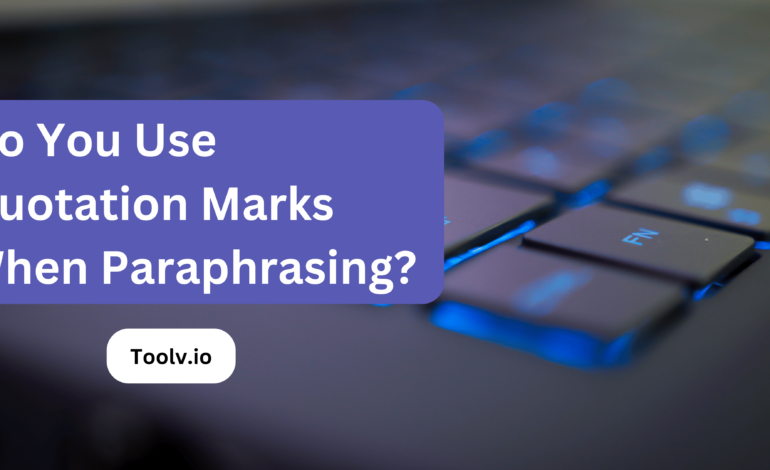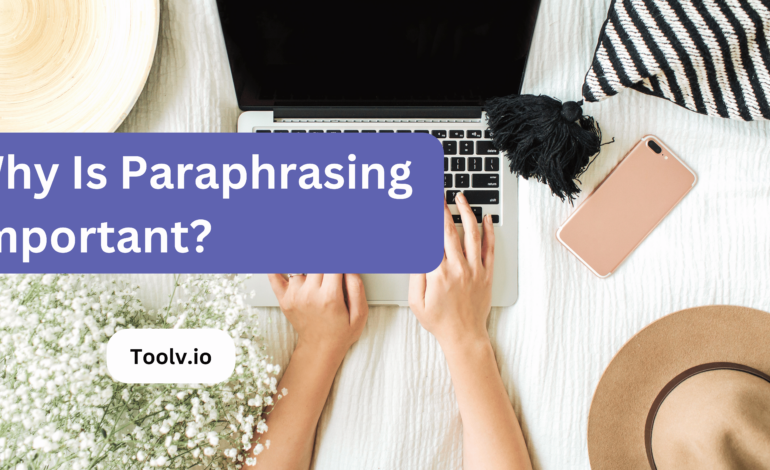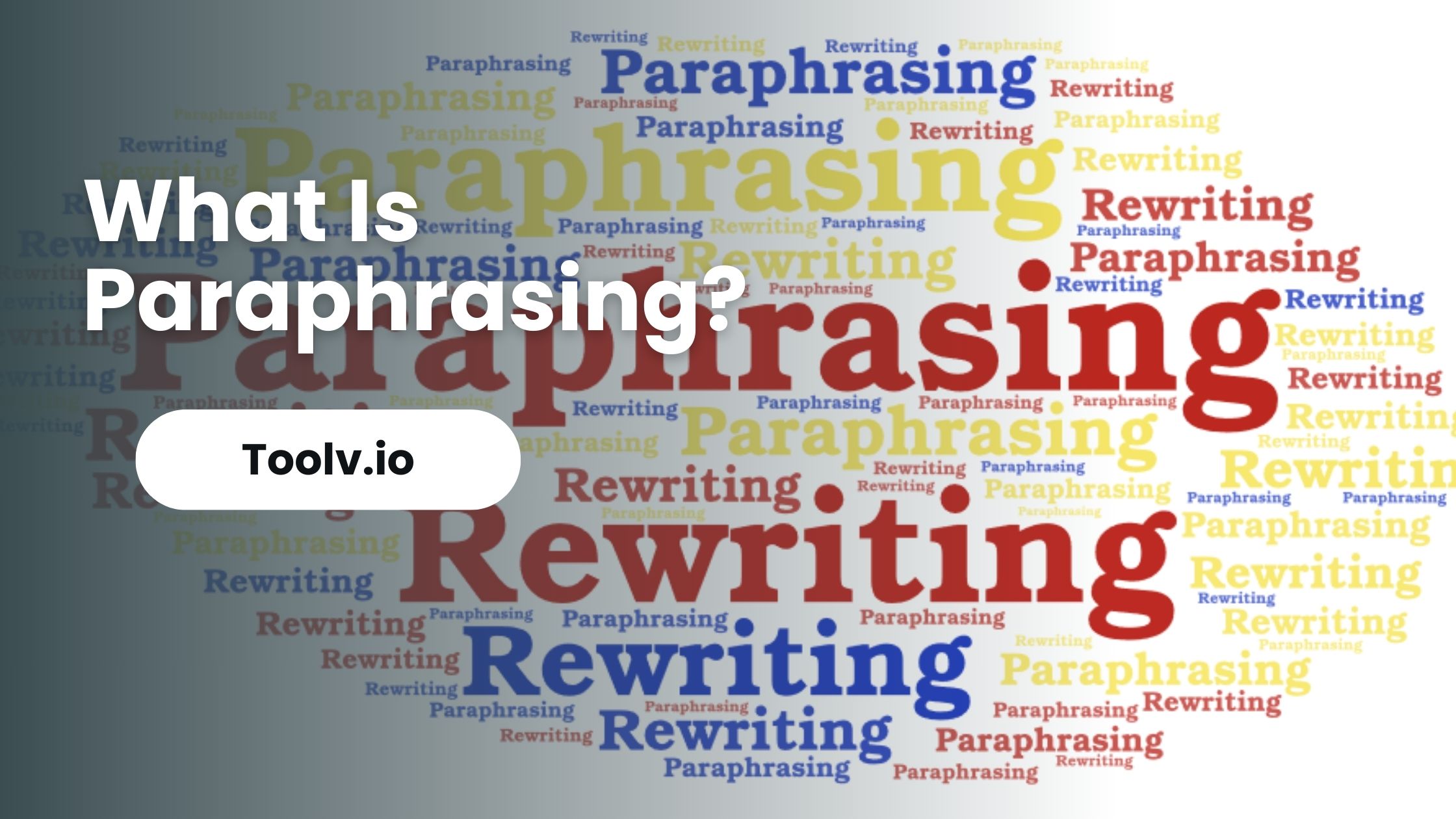Do You Use Quotation Marks When Paraphrasing?

Paraphrasing is when you take someone else’s ideas and put them in your own words. It’s different from quoting, where you use the exact words with quotation marks. When you paraphrase, you don’t need quotation marks because you are not using the exact words.
In this article, we will discuss how to paraphrase correctly and why it’s important to avoid using quotation marks. We’ll also cover how to give proper credit to the original author when you paraphrase their ideas.
Do You Use Quotation Marks When Paraphrasing?
When you paraphrase, you don’t use quotation marks. Paraphrasing means you’re rewriting someone else’s ideas in your own words. It’s different from quoting directly, where you copy words exactly and use quotation marks.
Paraphrasing shows you understand the idea and can explain it in your way. Remember to give credit to the original author when you paraphrase. This means saying where the idea came from, but without using quotation marks.
It’s important because it respects the original writer’s work and avoids plagiarism. Paraphrasing is a skill that helps you blend others’ ideas with your own, making your writing richer.
When Should I Use Direct Quotes and When Should I Paraphrase?
Direct quotes are used when the original words are important, like in famous sayings or technical terms. They keep the exact meaning and show respect to the original speaker or writer.
Paraphrasing, on the other hand, is when you use your own words to explain someone else’s ideas. It’s good for making complex ideas simple or when you want to blend the idea into your work.
Both have their places. Use direct quotes for impact or accuracy and paraphrase for simplicity or to make the content fit better in your work. Always give credit, whether you quote directly or paraphrase.
Should Paraphrasing and Quoting Be Avoided?
When discussing whether paraphrasing and quoting should be avoided, it’s important to understand their roles. Paraphrasing involves rewording someone else’s ideas in your own words. It’s useful for making complex ideas simpler and clearer.
However, it’s vital to still give credit to the original source to avoid plagiarism. Quoting, on the other hand, means using someone’s exact words. It’s helpful when the original wording is powerful or precisely captures an idea. Like paraphrasing, quoting requires acknowledging the source.
Both techniques have their place and shouldn’t be entirely avoided. Instead, use them thoughtfully and responsibly to support your writing while respecting original creators.
Do You Have to Use Quotation Marks When Citing?
When citing sources, using quotation marks is important if you’re quoting someone’s exact words. This shows you’re borrowing their exact language. But if you’re just summarizing or paraphrasing, you don’t need quotation marks.
Quotation marks help readers see what words aren’t yours. They keep your writing honest and show respect for the original author’s work. Remember, whether you quote directly or paraphrase, always cite your source.
This avoids plagiarism and supports your points with credible evidence.
FAQs
Do I need to use quotation marks when I paraphrase something?
No, quotation marks are not needed when you paraphrase. Paraphrasing involves rewriting someone else’s ideas in your own words, so quotation marks, which indicate direct quotes, are not necessary.
How do I differentiate between paraphrasing and direct quotes?
Direct quotes involve copying words exactly as they appear in the original source and require quotation marks. Paraphrasing, on the other hand, requires you to rewrite the source material in your own words without quotation marks, while still giving credit to the original author.
Is it considered plagiarism if I paraphrase without using quotation marks?
Paraphrasing without using quotation marks is not plagiarism as long as you rewrite the content in your own words and credit the source. However, simply changing a few words or the order of words from the original text can be considered plagiarism.
What is the best practice for paraphrasing to avoid accidental plagiarism?
The best practice for paraphrasing is to read the original text, understand it fully, and then write it out in your own words without looking at the original text. Always ensure that you credit the original source to avoid plagiarism.
Conclusion
When paraphrasing, quotation marks aren’t needed. This is because you’re putting the original text into your own words, showing your understanding. It’s different from direct quotes which need quotation marks.
The Toolv.io Paraphrasing Tool is helpful for this. It rewords text while keeping the original meaning, making it easier to understand and unique. This tool is useful for anyone needing to rephrase content without changing the message.





